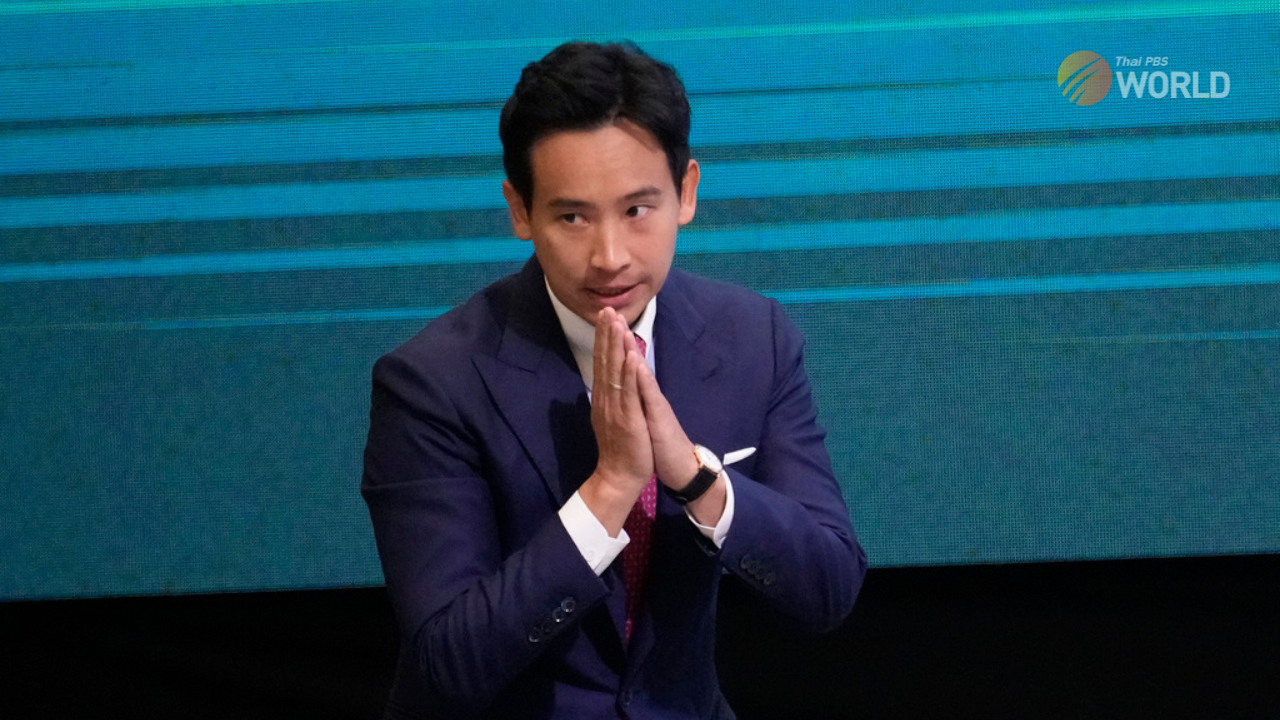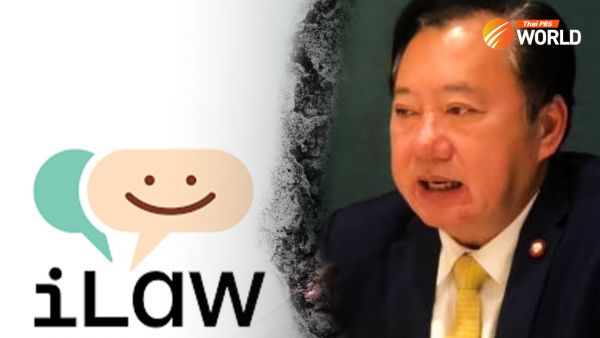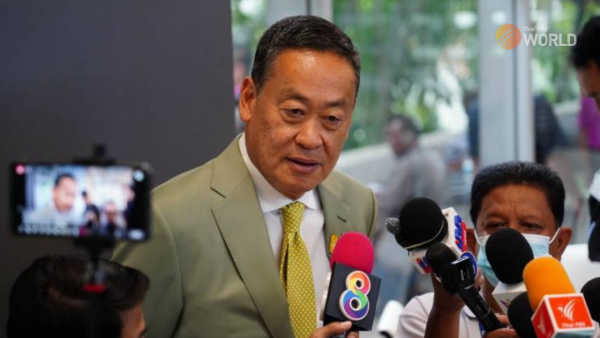Pita’s chance of becoming next prime minister shrinks on eve of Parliamentary vote

The chance of Move Forward Party chief Pita Limjaroenrat becoming Thailand’s next prime minister shrank on Wednesday as Parliament prepared for Thursday’s vote to select the country’s leader.
The Election Commission asked the Constitutional Court to rule if Pita, who is the top PM candidate by virtue of Move Forward’s election win, had violated election law.
The EC also asked the court to suspend Pita as a member of the House of Representatives.
This latest move by the election agency certainly will affect the parliamentary vote and Pita’s chance of gaining a majority at the joint meeting of 500 MPs and 250 senators.
This case stems from Pita’s holding of 42,000 shares in iTV, Thailand’s first independent broadcaster, which has not operated as a media outlet since 2007 and has fought a long legal battle with the Prime Minister’s Secretariat over the decision to revoke its broadcast concession.
What happened?
On Wednesday, the commission announced that its investigation had found that Pita was holding shares in a media company when he registered to contest the May 14 general election, in breach of the Constitution.
The EC said it had resolved that Pita’s status as an MP should be terminated as per Articles 98 and 101 of the charter, so it decided to refer the case to the Constitutional Court for a final verdict.
Article 98 prohibits “the owner of or a shareholder in any newspaper or mass media outlet” from contesting for an MP seat, while Article 101 states that the penalty for violating Article 98 is termination of House membership.
Will it be Pita? A guide to this week’s vote for a new prime minister
What next?
As the Constitutional Court has yet to make a decision on the EC’s petition, Thursday’s parliamentary vote to select the next prime minister should take place as scheduled.
Many political analysts view that many senators will use the EC’s move as an excuse or argument not to vote for Pita.
Article 159 of the Constitution states that parliamentarians shall elect a prime minister who has the qualifications and no prohibitions under Article 160, which include “being the owner of or a shareholder in any newspaper or mass media business”.
Olarn Thinbangtieo, a lecturer at Burapha University’s Faculty of Political Science and Law, said that as the Constitutional Court has not suspended Pita as an MP or a prime ministerial candidate, the EC’s move on Wednesday does not affect the parliamentary vote to select the new PM.
“But the EC petition will give more weight to those senators who do not want to vote for Pita. They can argue that his qualifications are being considered by the Constitutional Court,” Olarn said.
Also, the Parliament president who will submit the winning PM candidate’s name for royal endorsement needs to make sure that the candidate is not facing legal action.
In December 2021, the Cabinet Secretariat informed state agencies and independent organizations to ensure that any of their appointees who require royal endorsement must not be involved in a court trial, to avoid offending His Majesty the King.
“Senators can now argue that although they are willing to heed the popular mandate, they cannot vote for Pita before he is cleared by a court,” Olarn said.
The analyst said this would open the way for Pheu Thai, the second-largest partner in the eight-party coalition, to nominate its PM candidate for the vote.
Some political commentators have suggested that Move Forward should seek to postpone the prime minister’s vote to retain Pita’s chance in the election.
A repeat of Thanathorn’s case?
Piyabutr Saengkanokkul, former secretary general of Move Forward’s previous incarnation, the now-dissolved Future Forward, commented on Wednesday that the EC move against Pita was a “rerun of the movie” starring Thanathorn Juangroongruangkit.
In November 2019, the Constitutional Court stripped Thanathorn, who was then the Future Forward leader, of his status as an MP for holding shares in a media company in violation of the Constitution.
The EC brought the case to the court after deciding that the tycoon-turned-politician had broken the law by holding shares in V-Luck Media, which produced advertising publications, when he registered to run in the 2019 general election.
The court was not convinced by Thanathorn’s argument that he sold his shares in the company to his mother before he registered as a candidate.
By Thai PBS World’s Political Desk






